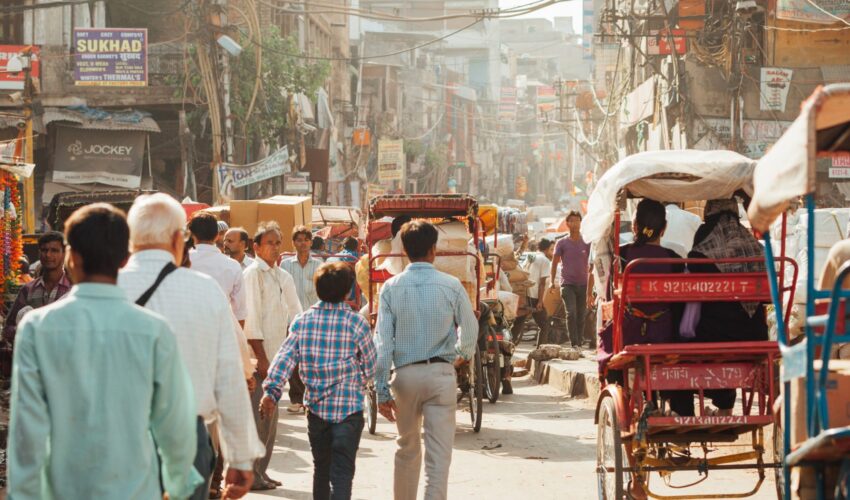4 Myths About India: Debunked
India is a complex and multifaceted nation that defies simplistic stereotypes. It is important to challenge and debunk myths that limit our understanding of this diverse country. India’s progress, cultural heritage, economic growth, and achievements in various fields deserve recognition and appreciation. Embracing the true essence of India entails acknowledging its challenges while celebrating its strengths, resilience, and aspirations for a brighter future.
Myth 1: India is a country of only poverty and backwardness
While poverty and socio-economic challenges persist in India, it is important to recognize that India is a diverse and dynamic nation. India has experienced significant economic growth since Independence in 1947, with a rapidly expanding middle class and a thriving urban sector. The country is known for its advancements in technology, space research, pharmaceuticals, and various other industries. India also boasts an ancient, rich cultural heritage, diverse traditions, and a vibrant democracy. It is home to world-class educational institutions, globally recognized professionals, and a burgeoning startup ecosystem. India’s story goes beyond poverty, embracing the strengths and potential of its people.
Myth 2: India is solely an agricultural economy
While agriculture plays a significant role in India’s economy, it is not the sole driver of the nation’s economic growth. Over the past few decades, India has witnessed the emergence of various sectors, including information technology, pharmaceuticals, manufacturing, services, and more. The services sector, which includes IT and IT-enabled services, business process outsourcing, and financial services, has experienced remarkable growth and contributes significantly to India’s GDP. The country is also becoming a hub for innovation and entrepreneurship, with a thriving startup ecosystem that is attracting global attention.
Myth 3: India is unwelcoming of women entrepreneurs and leaders.
India has also witnessed a remarkable transformation in terms of improved opportunities for women, fueled by the determination and achievements of inspirational individuals like Tessy Thomas and Falguni Nayar. Tessy Thomas, also known as the “Missile Woman of India,” has shattered stereotypes and paved the way for women in the field of science and technology. Alongside her, Falguni Nayar, the founder of Nykaa, has revolutionized the beauty and cosmetic industry, empowering women to embrace their individuality and redefine societal beauty standards. These inspiring women, among many others, have shattered barriers and shown that gender should never be a limitation to one’s aspirations in India’s evolving landscape.
Myth 4: India is a homogeneous nation with a single culture.
India is a land of incredible diversity, comprising numerous religions, languages, cuisines, and cultural practices. It is home to various ethnic groups and regional identities, each with its distinct traditions and customs. From the snow-capped mountains of the Himalayas to the coastal regions of Kerala, India offers a rich tapestry of cultures and landscapes. The country’s unity lies in its ability to embrace diversity and foster a sense of shared identity while respecting and celebrating its regional differences.
How does Soondra play a role in India’s rapid growth and culture?
We believe health is intrinsically linked to socio-economic development and the welfare of the country. When a country’s population is healthy, inequity gaps begin to close & productivity increases. Soondra’s solution to providing India’s working poor with access to emergency healthcare is through providing micro-cash grants. We work with our partners such as Teach for India to financially support & advocate for families in need of support during a healthcare emergency.
Donate today – every donation, large or small, has a huge impact on real lives. To see donations in action, check out our grantee stories.


